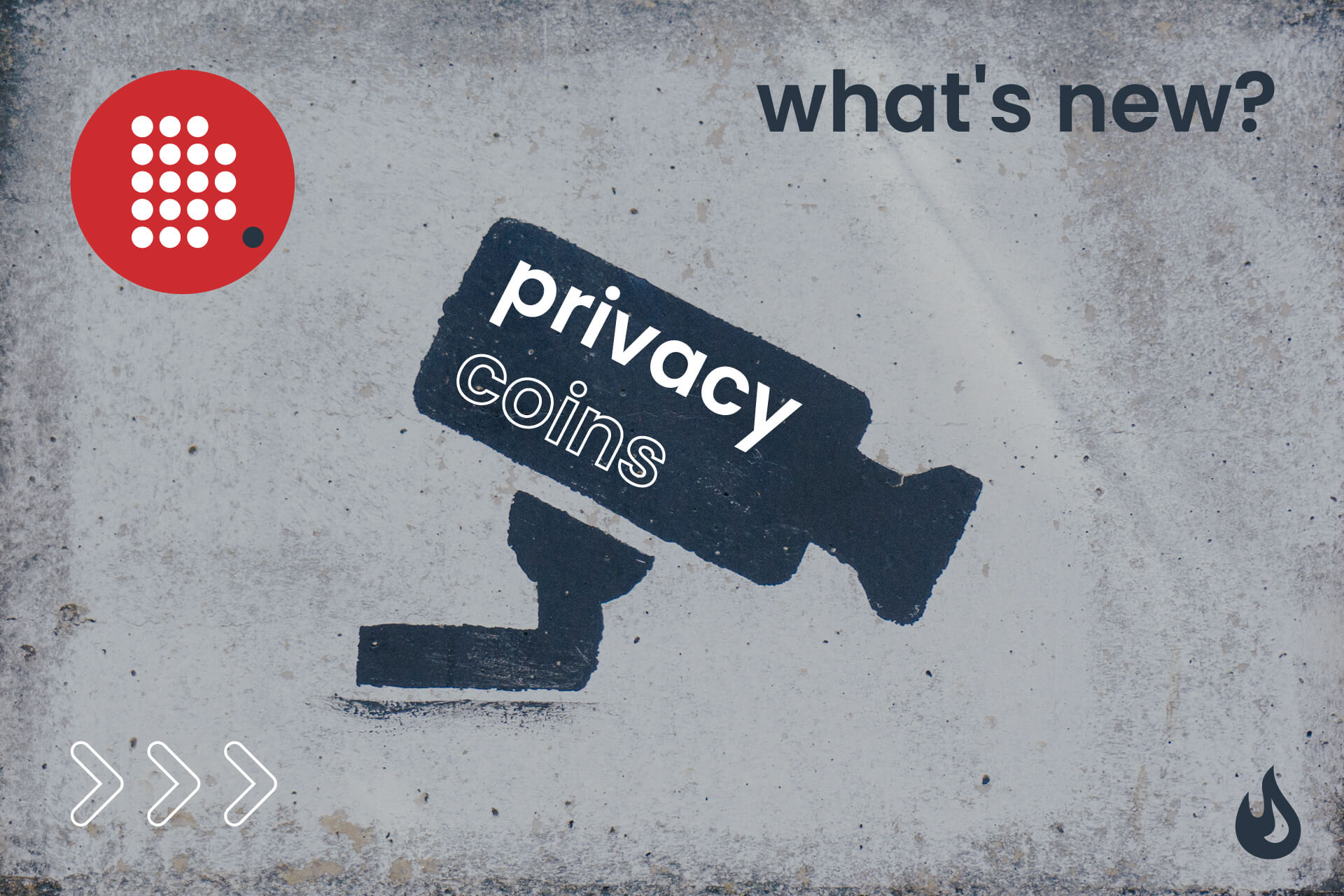
- Privacy coins have taken the most heat since KYC and AML regulations became mainstream
- Exchanges have moved to delist privacy coins including, Monero, ZCash, and Dash, as crypto regulations tighten
- Privacy coins are adopting a new feature to become compliant with KYC/AML regulations
As countries continue to tighten the regulations that control the use of digital assets, privacy coins have been the most affected. As the future seems to look bleak, what are privacy coins doing to avert the possible crisis?
Privacy Coins Vs Regulatory Guidelines
Unlike traditional cryptos, the identity of privacy coin users and the origins of their transactions are completely protected. This makes privacy coins a preferred option for illegal transactions, criminal activities, dark web purchases, and money laundering.
Privacy coins are taking most of the heat as countries around the world continue to roll out anti-money laundering (AML) and know-your-customer (KYC) regulations for cryptocurrencies.
Sponsored
For example, South Korea has placed a ban on all the “privacy coins” that add an extra layer of anonymity to crypto transactions. This includes Monero, ZCash, and Dash. France has taken a similar approach, however, it aims to strip the entire crypto space of its anonymity.
Delisting of Privacy Coins
For registered and regulated crypto exchanges, they need to be fully in compliance with the regulatory framework in the country where they operate. This means adopting KYC and AML regulations.
Because of the complete anonymity of privacy coins, the exchanges cannot access the minimum level of user information required by regulators. If you’ve been around the crypto space in the last 3 months, you will be well aware of the mass exchange delisting of privacy-centered cryptocurrencies.
Sponsored
On January 1, 2021, the U.S.-based Blockchain provider and crypto exchange, Bittrex, announced that it will be chopping off support for Monero (XMR), ZCash (ZEC), and Dash (DASH). ShapeShift, LiteBit, Bithumb, and other exchanges have walked down a similar path.
On the Flipside
- Joe Biden’s pick to become the new U.S. Treasury Secretary, Janet Yellen, has corrected her stance on cryptos.
- Yellen who previously noted that the use of Bitcoin should be curbed has now announced she stands for “effective” regulation of cryptos.
The Reaction of Privacy Coins
To remain relevant in the market, some privacy coins have moved to make adjustments to their modus operandi to fall in line with regulatory frameworks.
Monero’s Answer
To answer the KYC/AML requirements, Monero has launched the Wrapped Monero (WXMR) – a wrapped version of the privacy coin. The ECR-20 token has already been launched on the crypto custodian BTSE.
A wrapped Monero represents a regular Monero, only on the Ethereum blockchain. It is also fully backed by the regular XMR tokens. However, it is quite different in the area of anonymity.
Unlike the XMR, the WXMR offers users an option to unlock their anonymity before transactions. With the WXMR, users can either choose the full anonymity of Monero or unlock it to stay compliant with regulations.
Firo Launches ‘Privacy by Default’
The privacy by default launched by Firo, formerly known as ZCoin is very similar to the approach from Monero. However, the option was launched on Firo’s own MainNet, not on Ethereum.
Firo has now added an option, “on-by-default” which will allow its users to anonymize their funds with the goal of ensuring transactions sent by official Firo wallets stay private. They can also turn the option off.
For now, this looks like the go-to option for privacy coins. While these are the two major projects to adopt these measures, it is very likely that more will follow soon. In the markets, privacy coins have performed on par with regular coins as the bears continue to dominate.
